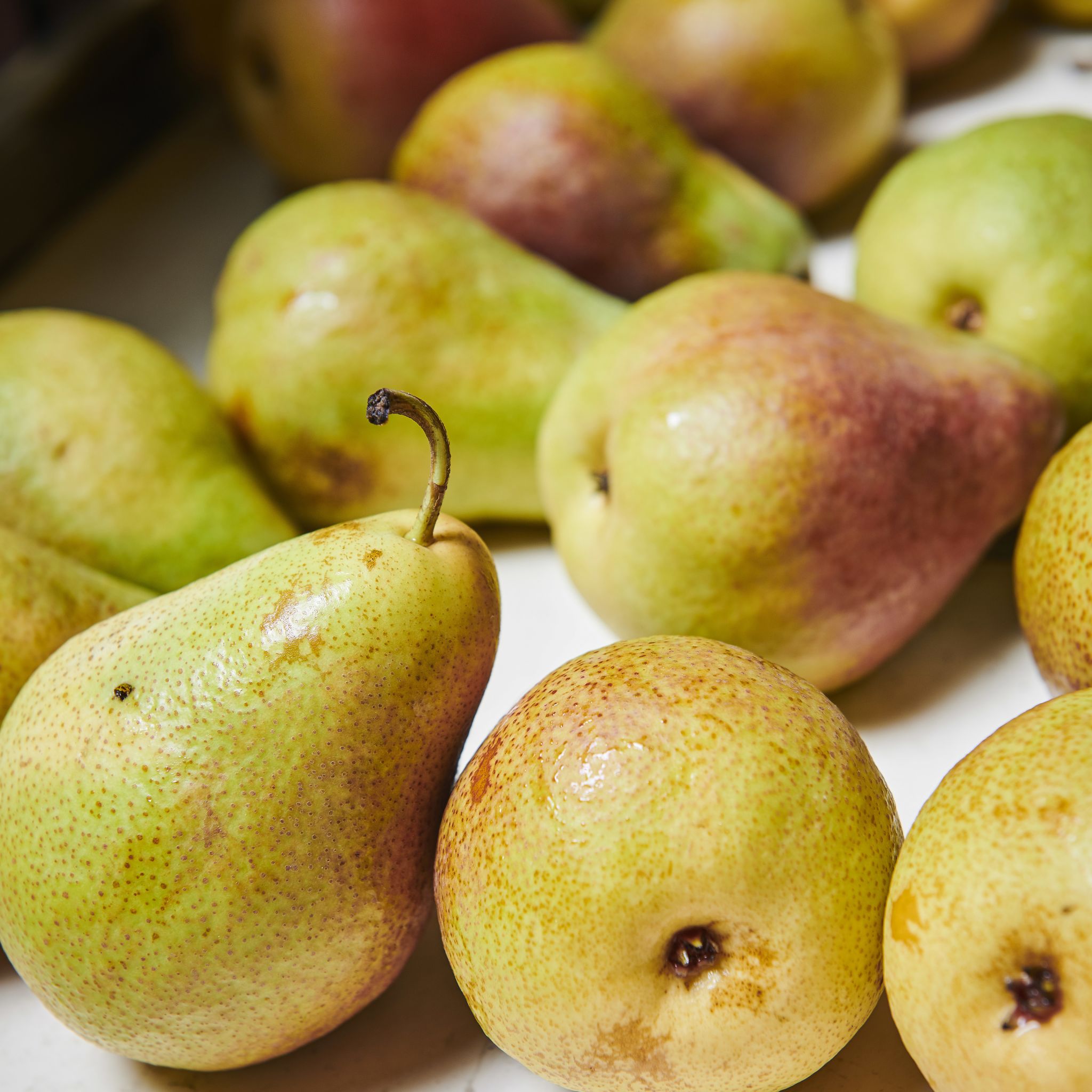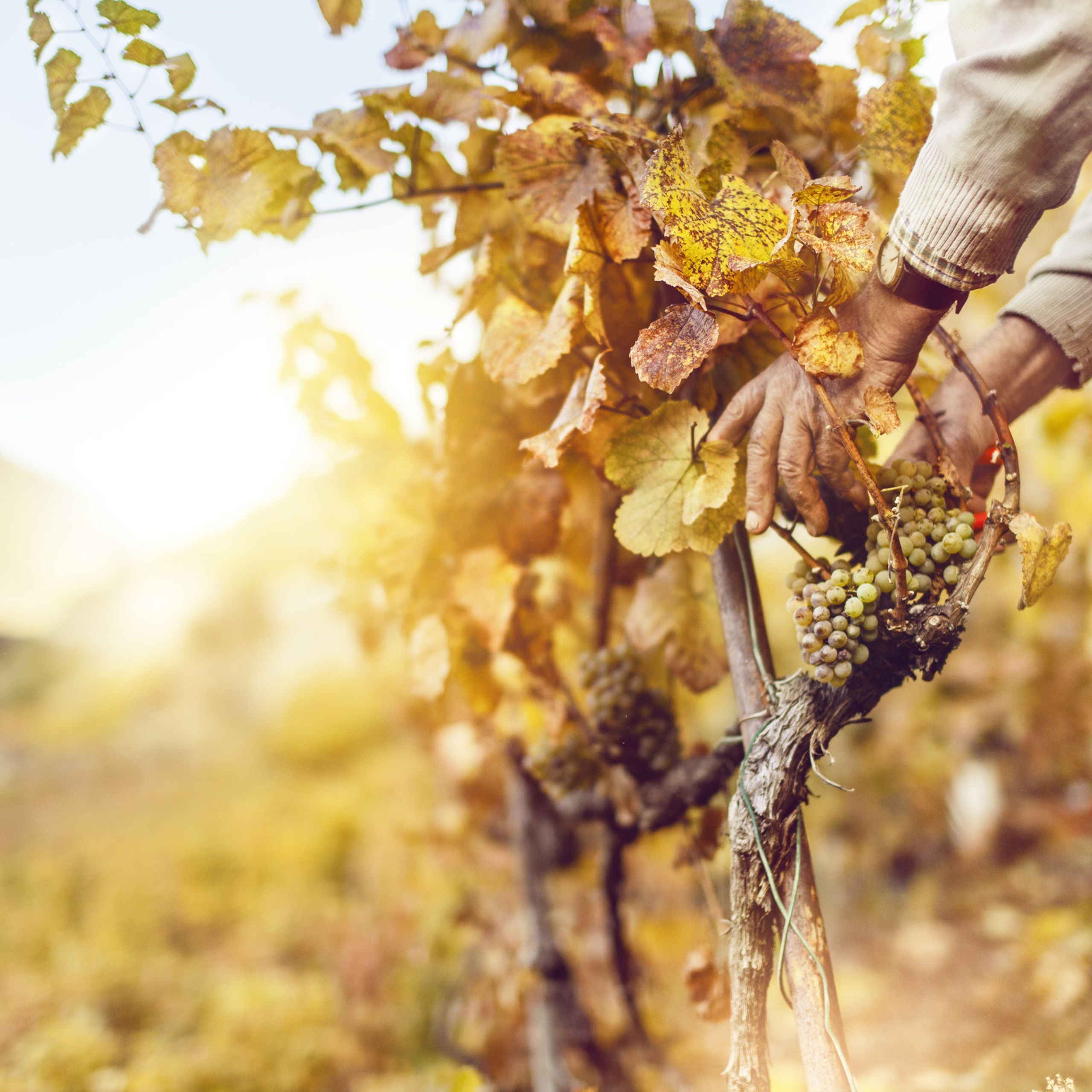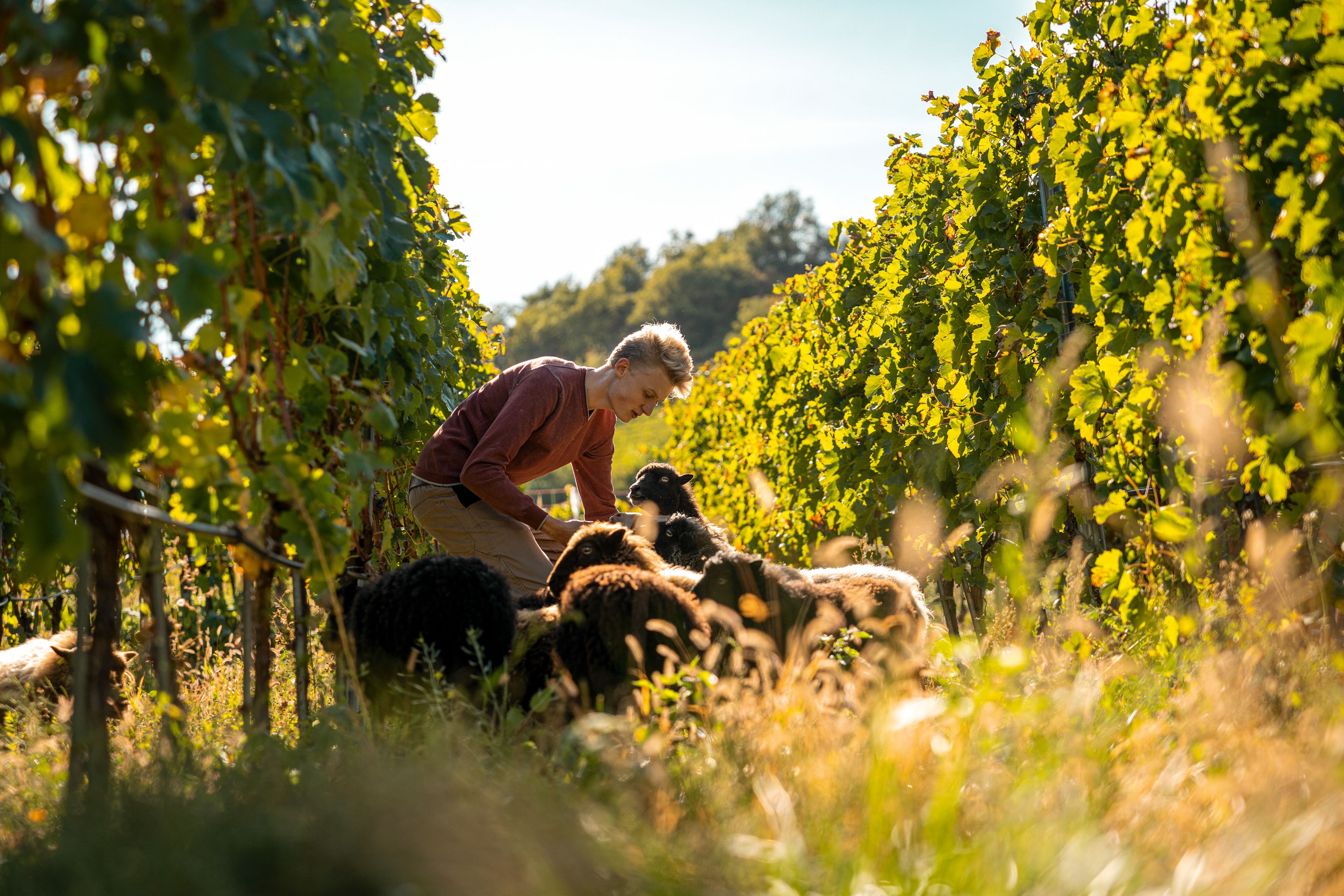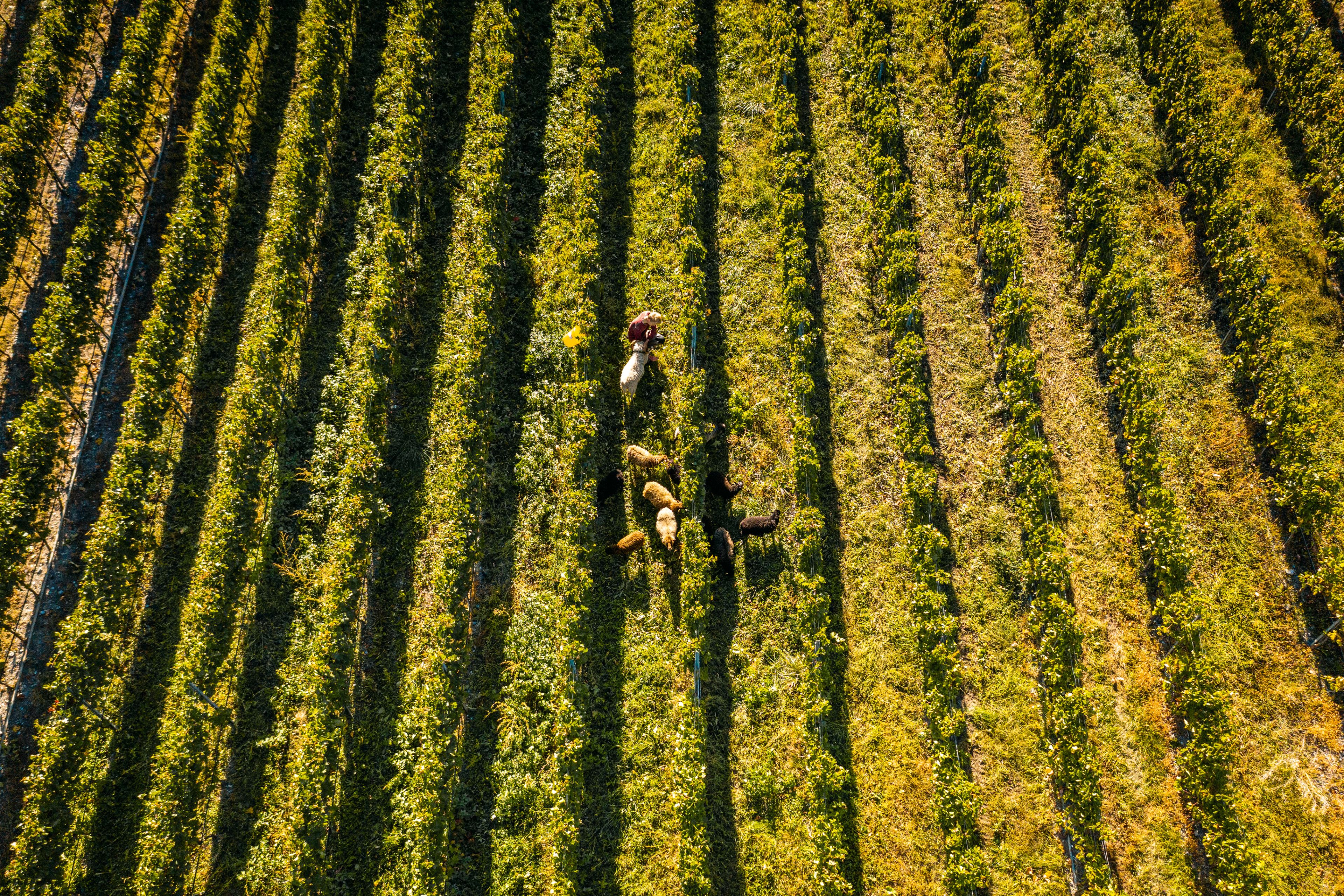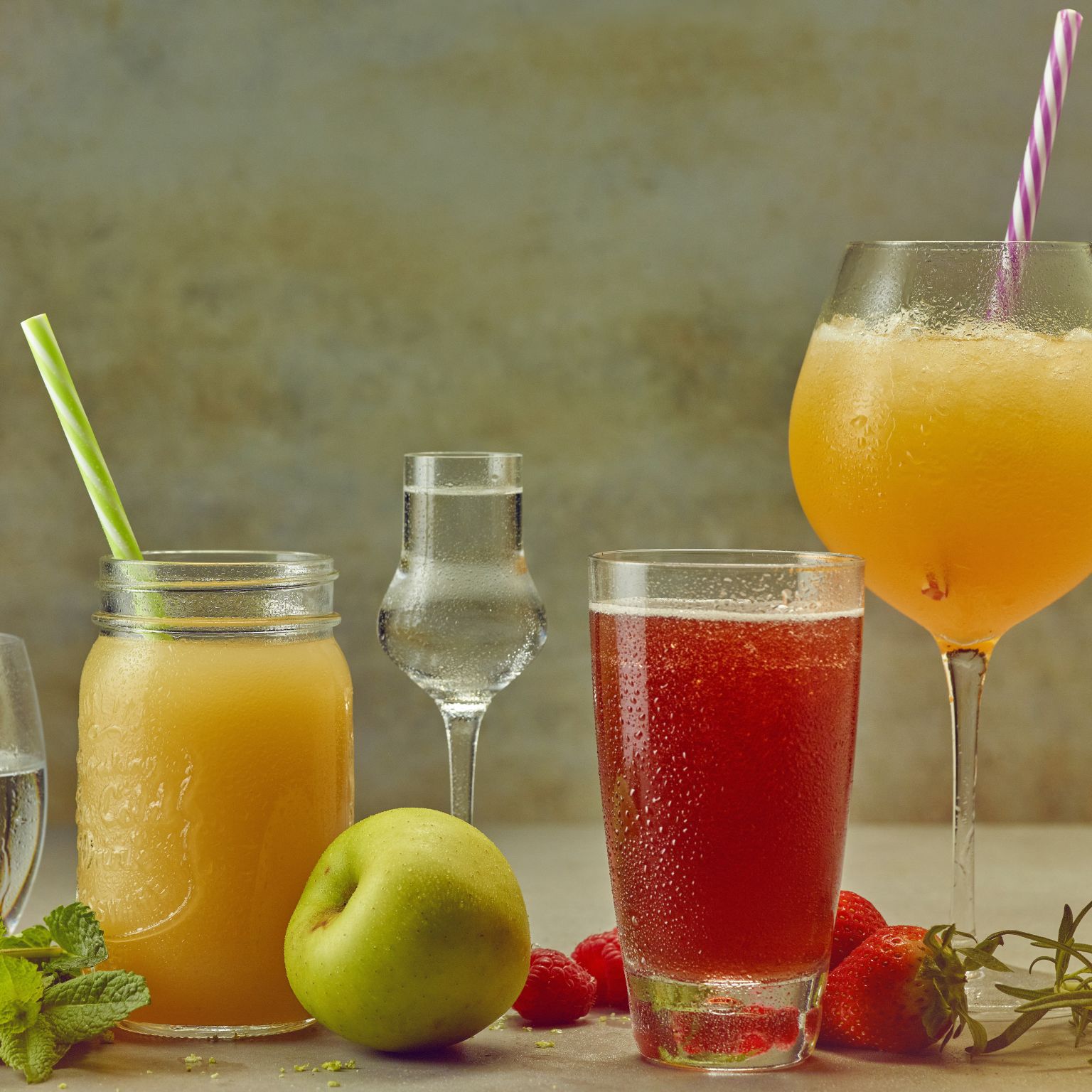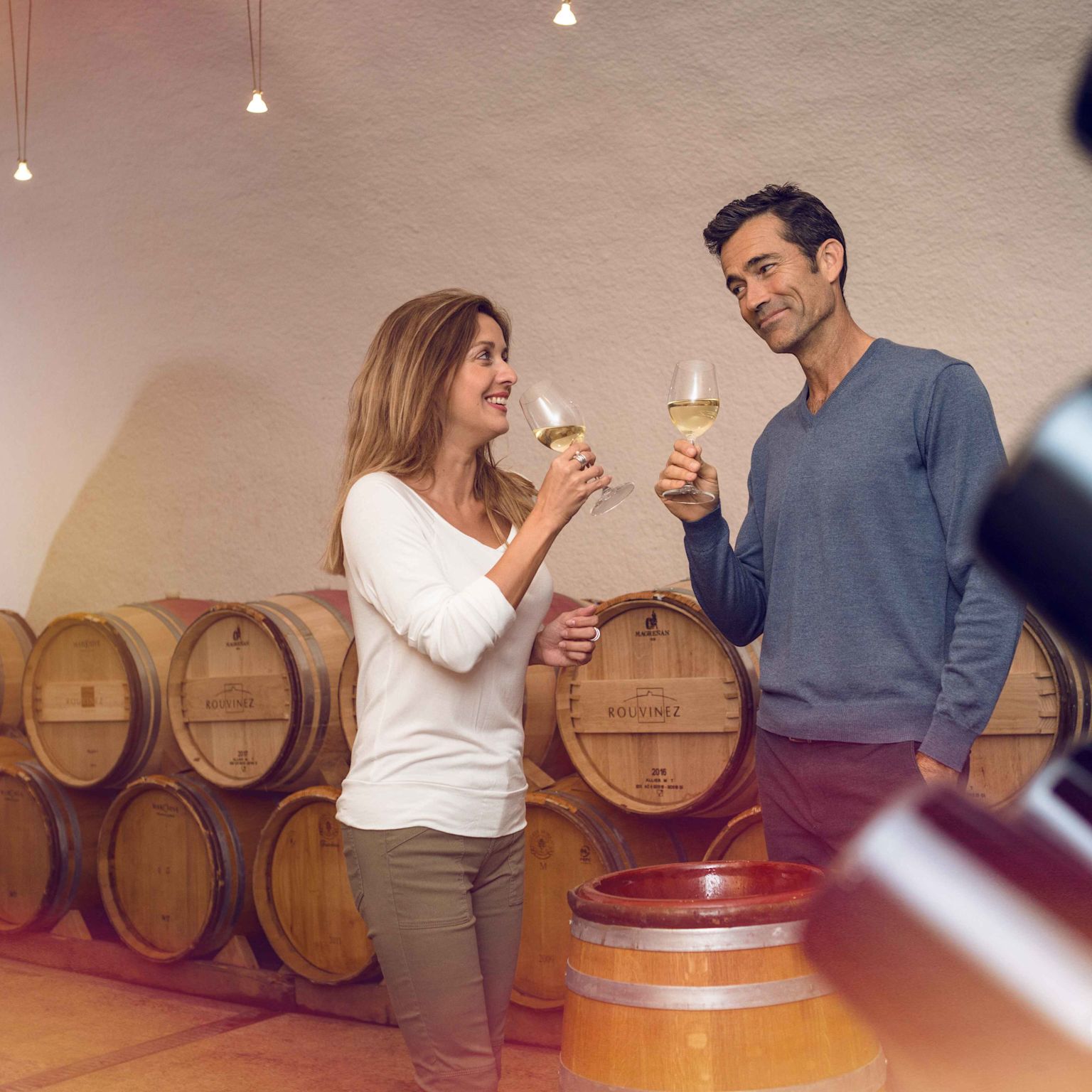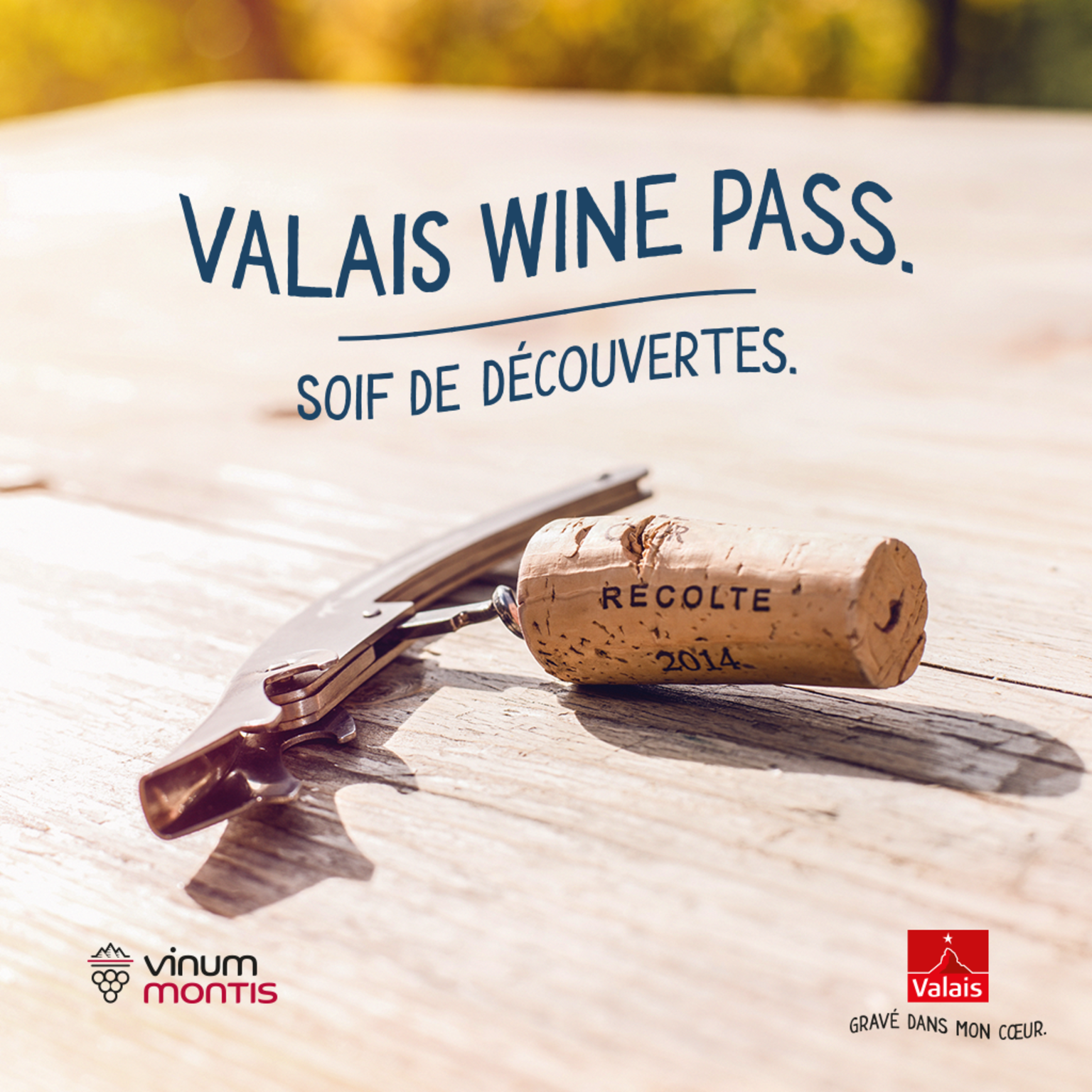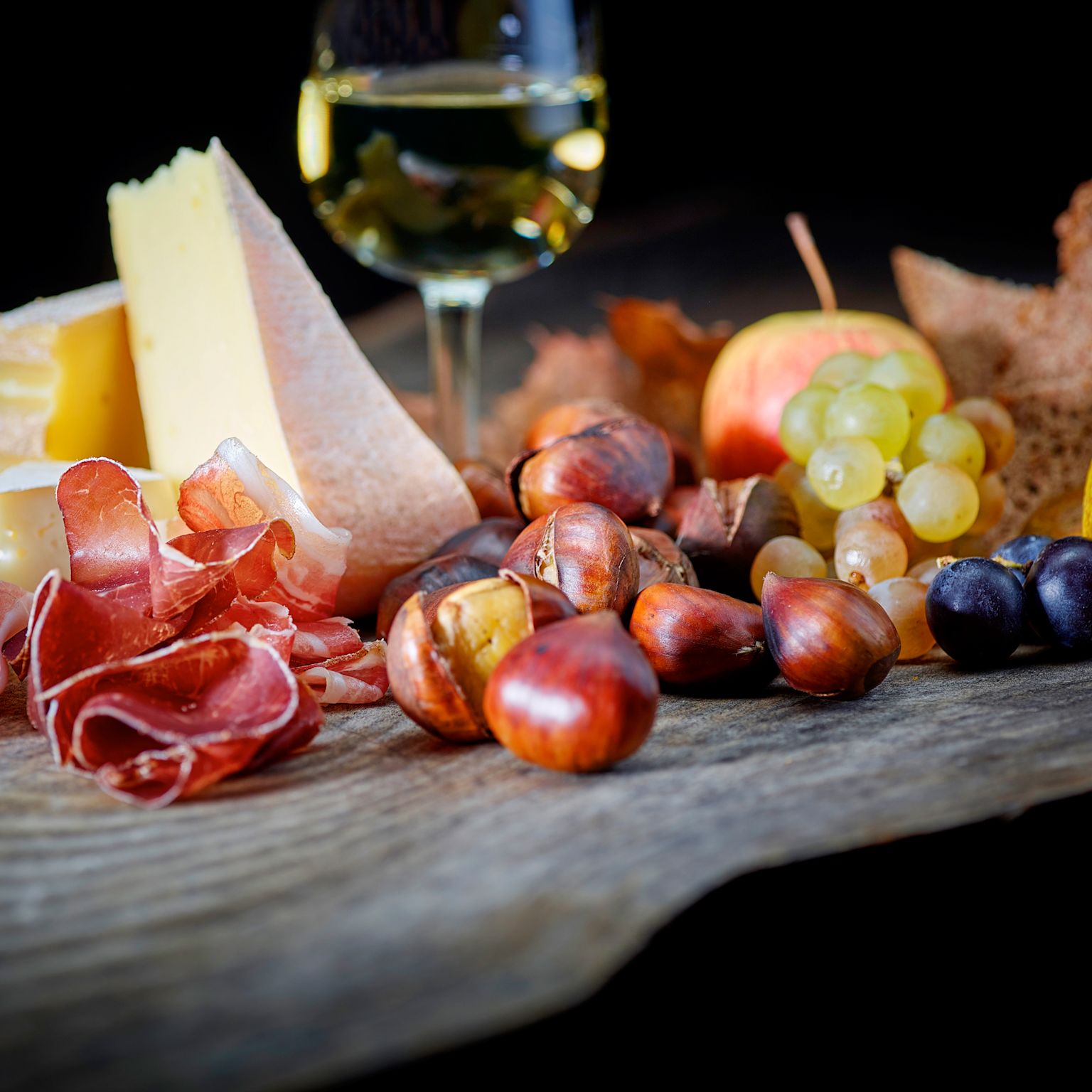How the wines of the future will be made.
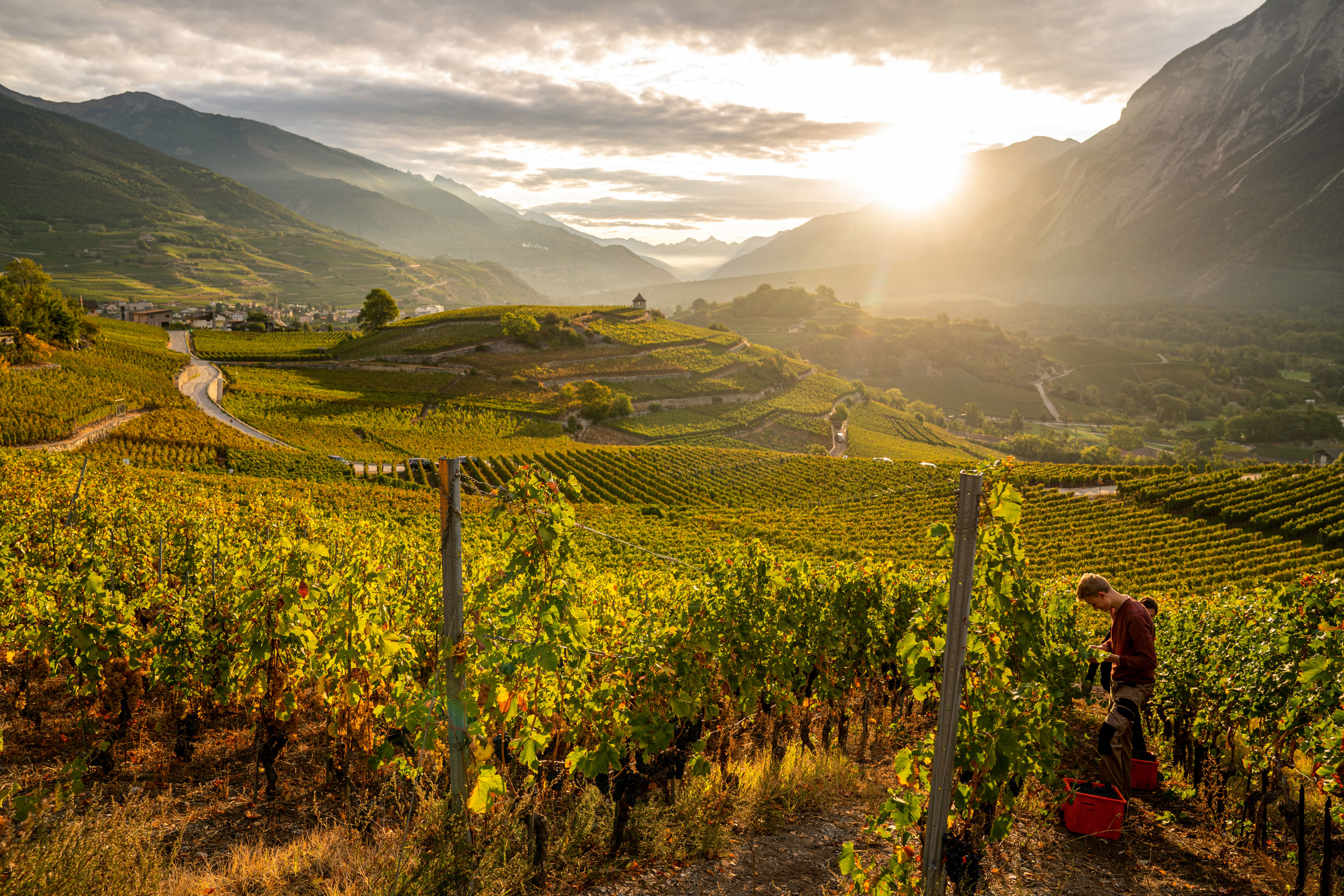
Sheep, worms and robots. Sustainability is playing an increasingly significant role in winemaking.
Valais provides an excellent example of what all this will mean for Swiss winemakers in future.
Valais is Switzerland’s leading wine-producing canton. With around 5,000 hectares of vineyards, it tops the rankings for Switzerland’s biggest wine-growing region by some margin. The region isn’t just way out ahead in terms of the amount of wine produced, but also leads the way when it comes to sustainability. Valais is adopting an ambitious approach towards winemaking based on a type of viniculture and production that respects people, the environment and cultural heritage.
This change in outlook is attributable to the tireless groundwork being put in by pioneers like Olivier Mounir. The owner of the ‘Cave du Rhodan’ in Salgesch began using organic production methods in some of his vineyards in 2007, playing a pioneering role. At the time, Mounir had just returned home after spending several years working in another part of Switzerland and showed great open-mindedness and foresight when he took over the wine estate of his father and uncles. He began to restructure operations for good reason – climate change and erosion are having a growing impact on agricultural land. In several regions of Spain and the south of France, a process of desertification of the landscape is already under way which could also happen in Switzerland in future. “Efforts to achieve greater sustainability certainly aren’t hype or some kind of marketing trend,” underlined Mounir. “Making wine production and agriculture in general sustainable for future generations is vitally important.”
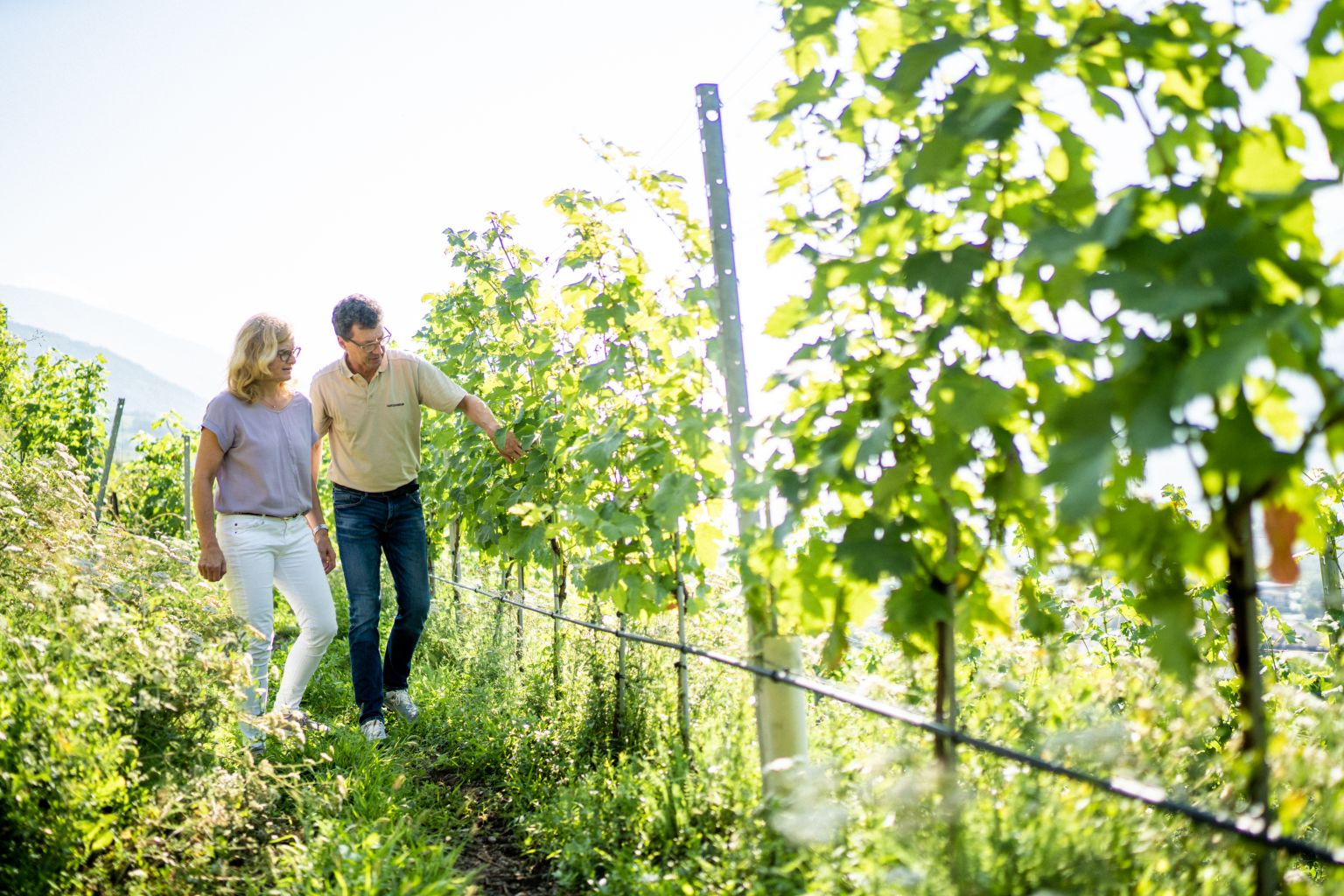
How everything’s being optimised.
Put simply, this means using cultivation methods that will also enable future generations to make wines of outstanding quality. For instance, Mounir uses humus, which comes from his own pilot worm composting system, and avoids mineral fertilisers completely. A sustainable approach is needed in other areas too. The ‘Cave du Rhodan’ has installed photovoltaic systems to achieve energy self-sufficiency. As winemaking requires water in some places, Mounir is also deploying a highly efficient drip irrigation system. Grazing sheep help to maintain healthy vineyards by eating weeds and thinning the foliage – while fertilising the land at the same time.
Book a wine tourism trip to Valais
Browse our offers for the perfect getaway discovering and tasting Valais’ grape varieties as you explore the vineyards and meet the producers.
The vineyard has also started using electric-powered vehicles, such as an electric caterpillar and mower. Electric vehicles are now also being used to transport employees. Mounir explained: “Sustainability will only have an impact if we’re totally committed to it. Organic production is pointless if we’re then going to constantly drive a diesel tractor through the estate.” The winemaker’s perception of sustainability even extends beyond nature. “For us, it also covers our approach to the team, our sustainable investment strategy and our passion for wine which inspires us to strive for improvement every single day.” The estate owner focuses on promoting equality and safety in the workplace and has introduced flexible working-time models – including for employees returning to work – to allow a good work-life balance.
Experience the wine of Valais in a multifaceted way
Just short of 20 producers throughout the canton have already committed to sustainable winemaking. Not only are the wines produced available in online shops or locally, but they can also be experienced in a whole host of different ways. These options include traditional wine tasting at the cellars while visitors can also discover and sample the various grape varieties with the handy Valais Wine Pass. The Valais Wine Trail from Martigny to Leuk is popular amongst hikers and cyclists and the latter group can complete the trail in two stages - from Martigny to Sion and from Sion to Leuk. A walk through the vineyards is also a delightful experience. Local wine is served as an accompaniment to fine Valais dishes in many restaurants, such as those displaying the ‘Walliser Genuss’ label.
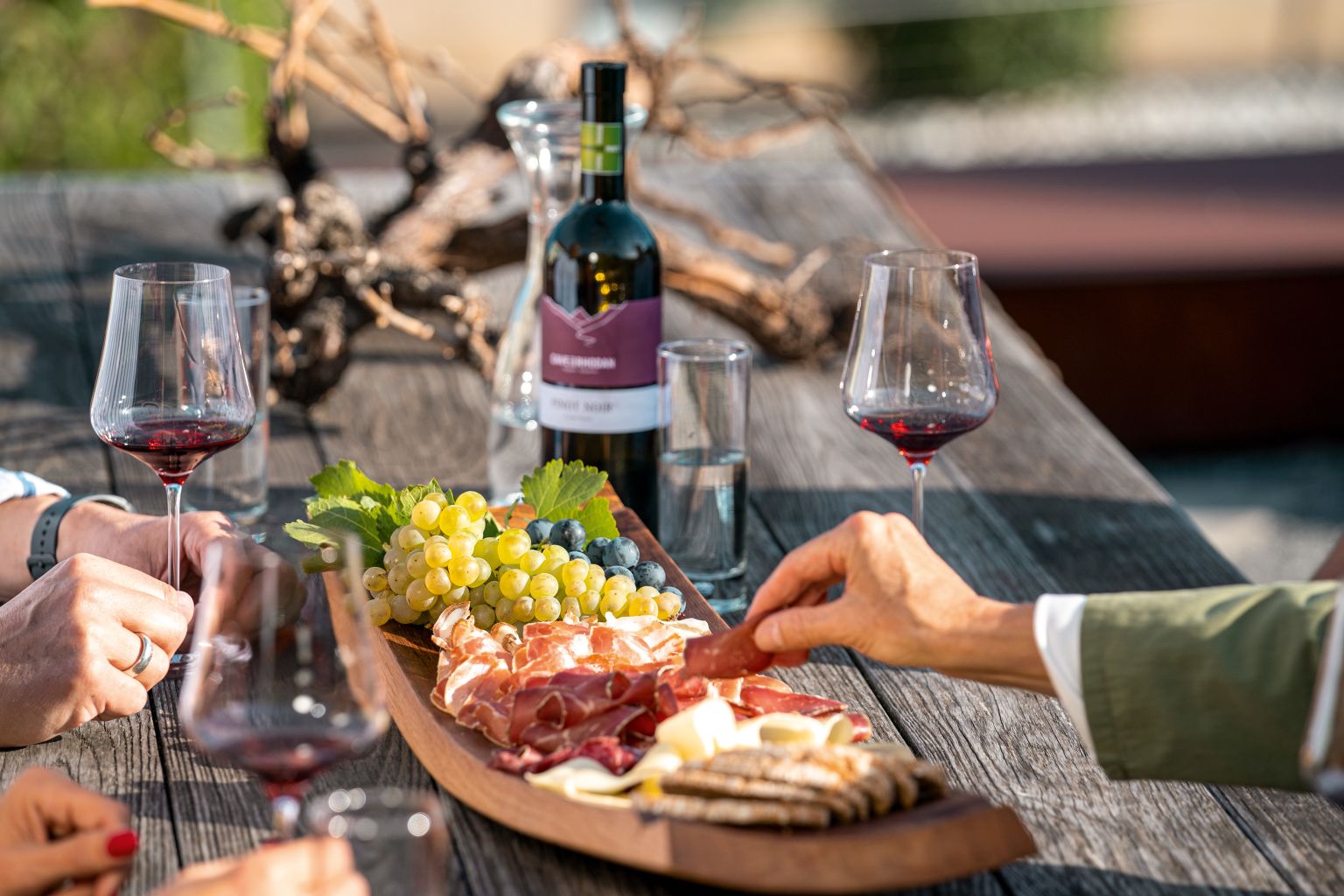
Olivier Mounir’s quest for greater sustainability is not yet complete despite his impressive achievements so far. He now plans to install a solar folding roof that includes various features, such as light control, and will provide shade and supply energy. Looking slightly further ahead into the future, Mounir also envisages the use of robots in wine production. “The trend is clearly heading in this direction. A lot of hard work is also being put into developing highly resistant grape varieties that require little crop protection.” Mounir is nevertheless keen to underline that: “Despite advancements in technology, the human element will always remain a vitally important part of production in the winegrowing regions. It’s the people behind the wine who make all the difference.”
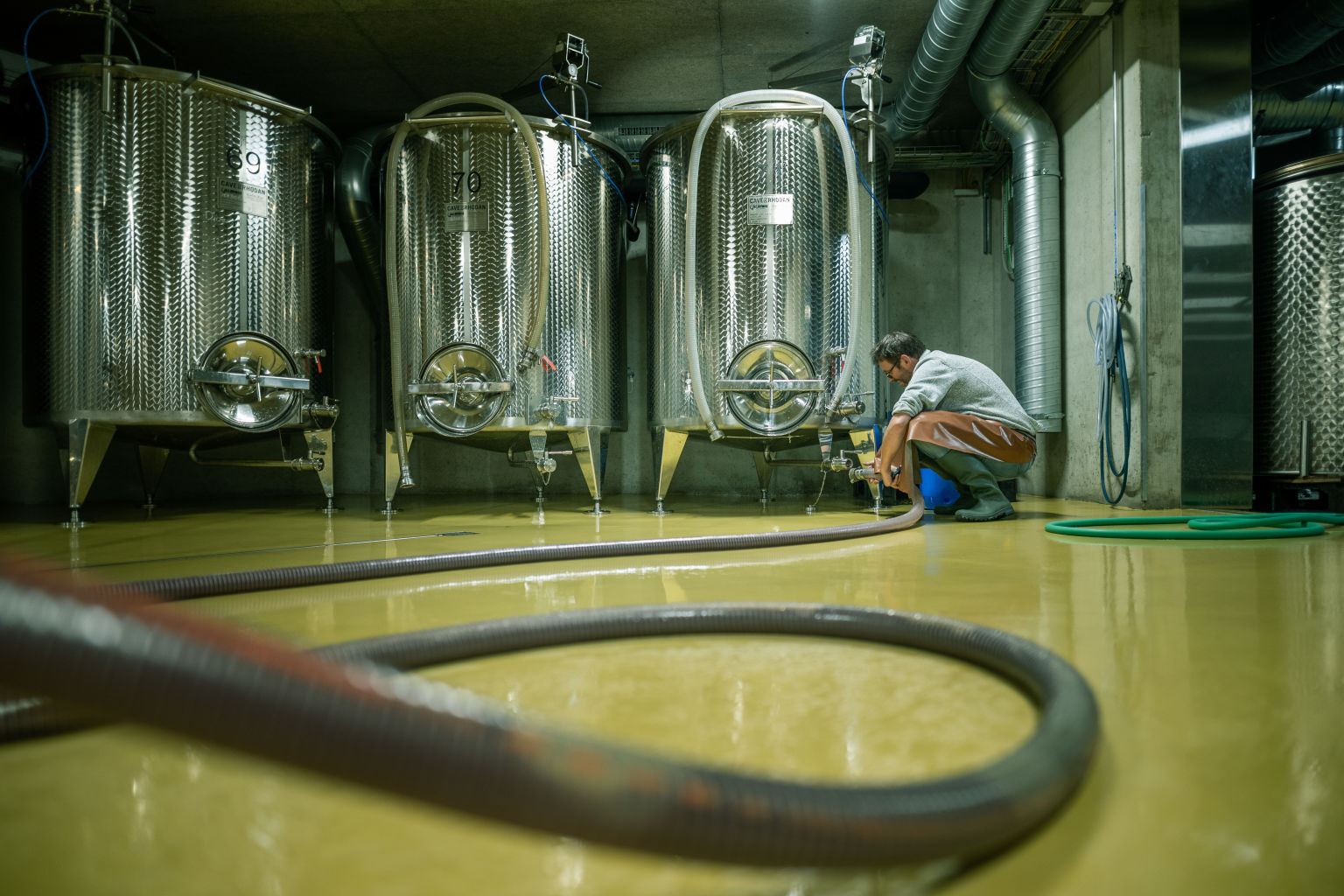
Text: Ringier in collaboration with Valais/Wallis Promotion Photo rights: © Switzerland Tourism - André Meier and © Thomas Wyss
Published: September 2022
Researchers in the field
Next story
